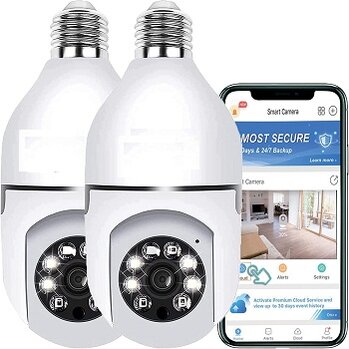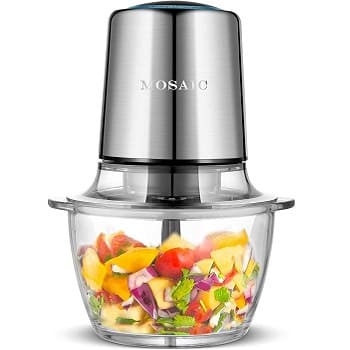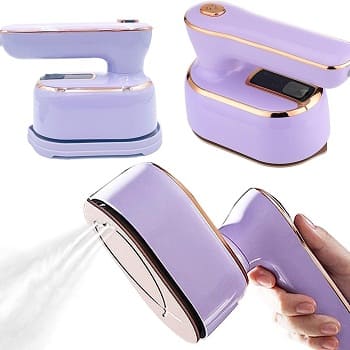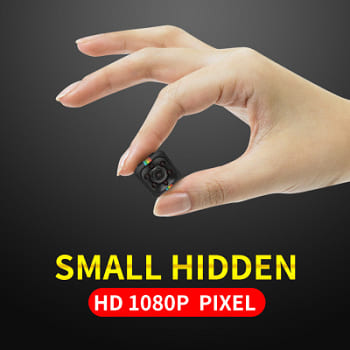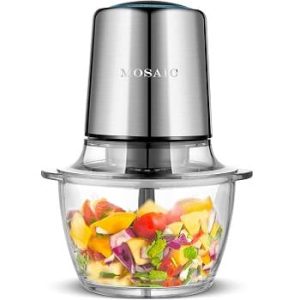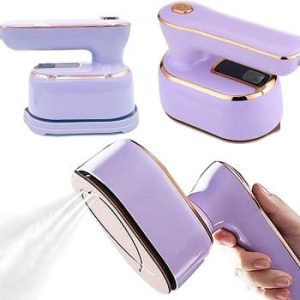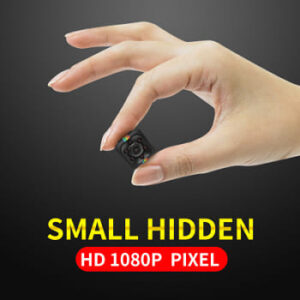Infestations of head Lice Removal are a frequent issue, particularly among kids. Both the affected people and their relatives may experience itching, discomfort, and frustration as a result of these small parasites. Some people prefer a more natural way to treating head lice despite the market’s abundance of chemical-based remedies. The top 10 chemical-free techniques for getting rid of head lice that are also efficient, secure, and kind to the scalp are covered in this article.
Introduction
Small, wingless insects known as head louse are parasites that reside on people’s scalps and feed on blood. Direct touch, such as sharing combs, caps, or pillows, is an effective way to distribute them. Pesticides that can be harsh on the scalp and have potentially negative effects are frequently used in conventional chemical-based therapies. Alternatives devoid of chemicals offer a kinder and more organic means of getting rid of head lice infestations.
Understanding Head Lice
Parasites called Head Lice Removal to grow in human hair. They create eggs swiftly and deposit them near to the scalp where they are known as nits. Intense scratching, particularly behind the ears and at the nape of the neck, is the most typical sign of head lice infestation. Due to their small size and tendency to shun light, these tiny insects might be difficult to identify.
Importance of Chemical-Free Solutions
The components in chemical-based head lice treatments may be dangerous, especially for those with sensitive skin or allergies. By selecting chemical-free options, head lice infestations can be treated in a gentler and safer manner. For those who wish to avoid exposure to possibly dangerous chemicals, these natural techniques are equally advantageous.
Vidhi Sales Electrical Chemical Free Head Lice Removal

Specifications | |
|---|---|
| Electrical Operation: | Powered for convenience. |
| Chemical Free: | Safe and gentle on the scalp. |
| Effective Head Lice Removal: | Efficient treatment method. |
Double-Sided Head Lice Comb Professional Lice Flea Removal

Conclusion
Dealing with head lice can be a challenging and frustrating experience. However, chemical-free solutions provide effective and safer alternatives for removing head lice without exposing oneself to potentially harmful ingredients. This article’s top 10 chemical-free head lice removal methods offer natural and gentle ways to eliminate these pesky parasites.
FAQs
Are chemical-free head lice removal methods as effective as chemical-based treatments?
Chemical-free head lice removal methods can be as effective when used correctly and consistently. While they may require more time and effort, these methods provide a safer and gentler approach.
How often should I repeat the chemical-free treatments?
It is essential to repeat the treatments every few days to ensure the removal of newly hatched lice and any missed nits.
Can I combine different chemical-free methods?
Yes, you may combine distinctive chemical-loose strategies to enhance their effectiveness. But, it’s critical to comply with the instructions cautiously and avoid the usage of multiple techniques simultaneously.
Can chemical-free treatments prevent future head lice infestations?
Chemical-loose remedies primarily aim to put off current head lice infestations. To save your destiny infestations, it is vital to educate yourself and your family about head lice prevention measures, consisting of averting head-to-head contact and sharing personal belongings.
When should I consult a healthcare professional?
If the pinnacle lice infestation persists regardless of the usage of chemical-free strategies or when you have any worries or questions, it’s miles really helpful to consult a healthcare professional for further guidance.

